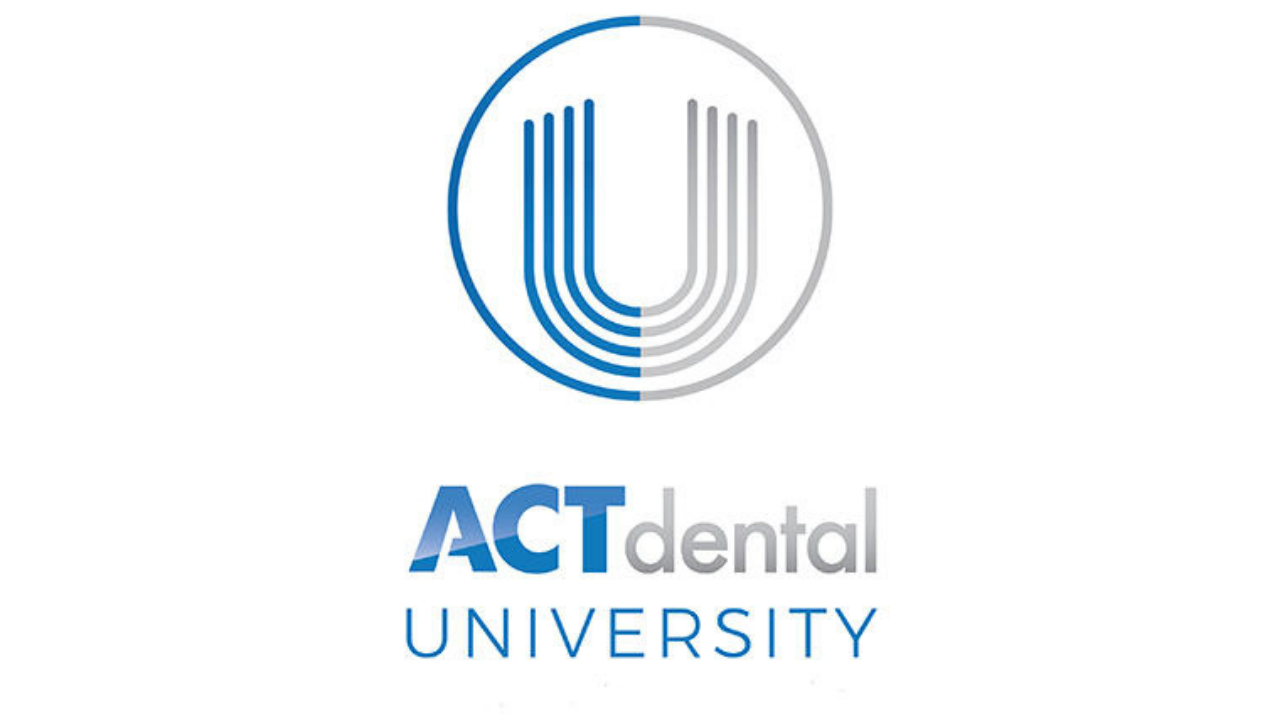Regardless of the business you are in or how long you have been running your practice, there are a few key components universal across the business world: people, strategy, execution and cash. All these components are essential to a productive and successful business, and it’s important to consider each one individually to ensure your business is on track to reach all your short- and long-term goals.
To help you think about the cash part of your business, there are three questions you can ask yourself. These questions can help you evaluate your practice and identify key areas where you have room to grow.
1. What’s The Overall Health Of The Business That You Are In?
When you own a business, it’s essential to critically analyze your profitability. Are your profits growing at a rate of 10 to 20 percent or more per year? If they are not growing at that rate, you must consider whether there is an issue with your business strategy or if you have the wrong people in place.
You cannot just focus on production, as it is not a reliable indicator of your actual profit. A lot of dentists look at their overall revenues without looking at their profitability. You have to isolate your actual profit from your production so that you can identify the areas in which your business is succeeding—and those areas where your business is wasting money.
One of the biggest challenges dentists face when it comes to profitability is team compensation. As a general rule, you should aim to keep your team compensation in the range of 20 to 25 percent. That’s not to say you should pay your team members less, but rather that you should strategically invest in your team to promote higher productivity and profitability for your practice.
When a dentist looks at payroll and sees that it is eating up 30 percent or more of the budget, their first instinct might be to think he or she is paying people too much. The reality is that it’s not about overpaying people—it’s about not bringing in enough revenue to support the payroll you have. Focus on cultivating a productive team to drive your profitability without taking on more people than you need.
Many dentists respond to stress and inefficiencies in their practice by hiring new people in hopes of alleviating some pressure or streamlining processes. Instead of hiring more people, your first impulse should be to look for ways to automate processes and apply your existing team in a more efficient way. Focusing on building great systems instead of just adding members to your team can help boost your profitability and lighten the burden of payroll.
2. Do You Save At Least 10 Percent Of All Revenues For The Business?
Even if you have reached your profitability goals, you could still be missing out on revenue if you are not making a conscious effort to grow your savings. You should be saving at least 10 percent of all revenue for your business to ensure you always have a sufficient savings cushion.
If you do not make an effort to put away money in savings, that cash will inevitably be eaten up by other business expenditures. Growth sucks cash, and you need to be prepared for the amount you are spending on growing your business by prioritizing your savings.
As your business grows, so will your costs. Whether you are adding new team members or investing in upgraded equipment or facilities, you need a sufficient cash reserve to keep your business secure. If you are not ready to commit to sequestering 10 percent of all your revenues for savings at first, that’s okay. Start small and build yourself up to that 10 percent goal over time. Putting away a little toward savings is better than not putting away anything at all.
3. How Does Your Business Compare?
You may have heard that comparison is the thief of joy, but seeing how your business stacks up can actually help keep you motivated to strive for greater productivity, efficiency and profitability. Think about your top-line and bottom-line performance simultaneously, instead of evaluating just one or the other. Both these performance indicators can help you determine where your business is at and help you identify potential areas of progress and improvement. There is always opportunity for improvement, and taking an honest look at key performance indicators like these can help you find those areas where you can improve and, eventually, excel as a practice.
You should also look at more than just production when making these comparisons. Consider factors like profitability, performance and overall success. Consider the systems that other practices have in place, the strategies with which they find success and the cultures they foster within their teams. Finding out how your practice stacks up can give you a good idea of how to proceed and be more successful.
Striking A Balance
It is important to remember that, while cash is an essential component of a business, it is not the most important item for you to focus on. If you are too concerned about money, chances are that your practice will suffer in other ways. You should not be isolating a single component or indicator of success; rather, you should be focusing on achieving a balance and prioritizing each component as part of a larger whole.
Taking the time to get on top of your business’ cash and profitability is necessary for you to experience greater benefits in your professional and personal life. You will be better positioned to successfully manage your practice and give your team members a great place to work if you are not constantly preoccupied with unexpected expenses.
If you are not worried about an excessive payroll burden, you might be able to spend more time doing the things you enjoy. At the end of the day, money gives you and your practice the ability to survive, but it is far from the most important part of what you do.
Categories

Get access to the best dental educators on the planet to bring you "best practices" and help you become the dentist you were called to be. Watch what you want, when you want it. It's 24/7 on-demand access. Friday's we host "Master Classes" with the very best dental speakers you will ever see.

Reserve your spot at the next ACT Dental Master Class
Learn From One of the Best Educators During Our BEST PRACTICES MASTER CLASS Experience.
Kirk Behrendt
Kirk Behrendt is a renowned consultant and speaker in the dental industry, known for his expertise in helping dentists create better practices and better lives. With over 30 years of experience in the field, Kirk has dedicated his professional life to optimizing the best systems and practices in dentistry. Kirk has been a featured speaker at every major dental meeting in the United States. His company, ACT Dental, has consistently been ranked as one of the top dental consultants in Dentistry Today's annual rankings for the past 10 years. In addition, ACT Dental was named one of the fastest-growing companies in the United States by Inc Magazine, appearing on their Inc 5000 list. Kirk's motivational skills are widely recognized in the dental industry. Dr. Peter Dawson of The Dawson Academy has referred to Kirk as "THE best motivator I have ever heard." Kirk has also assembled a trusted team of advisor experts who work with dentists to customize individual solutions that meet their unique needs. When he's not motivating dentists and their teams, Kirk enjoys coaching his children's sports teams and spending time with his amazing wife, Sarah, and their four children, Kinzie, Lily, Zoe, and Bo.
RECENT POSTS
“How do I wish to be experienced right now?”
April 22, 2024
Embrace Failure To Achieve Success
April 22, 2024
722: How Airway, Jaw Joints, & Autonomic Nervous System Issues Are Creating Today’s Orthodontic Patients – Dr. Drew McDonald
April 22, 2024
Do More By Doing Less
April 15, 2024
719: The Leadership Blueprint: Elevating Your Dental Practice Culture – Adriana Booth
April 15, 2024
4 Tips for Talking Insurance Benefits
April 13, 2024
717: 6 Steps to Leading Great Team Meetings – Robyn Theisen
April 10, 2024







